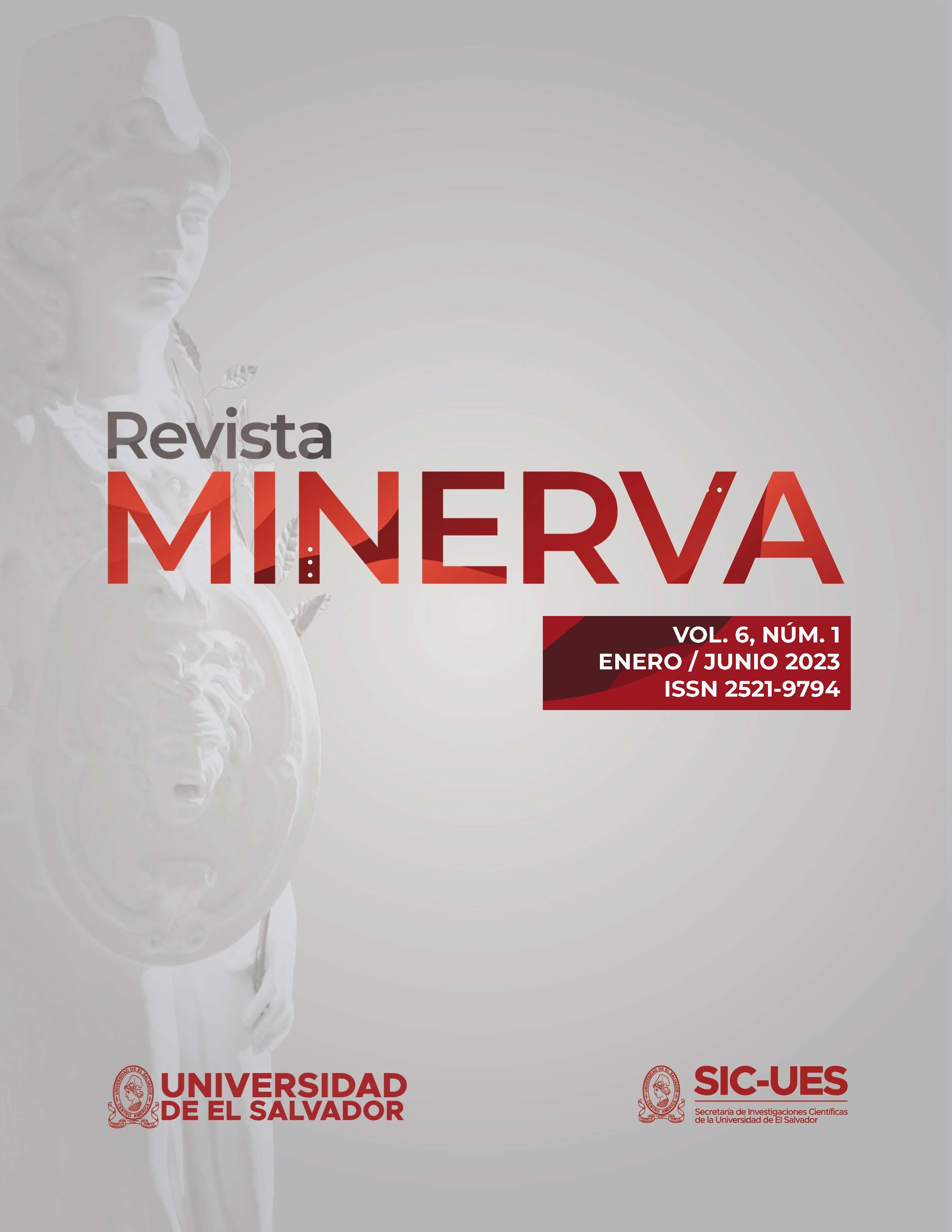Quantitative Analysis of Programmatic Contents for Basic Scientific Education in El Salvador: A Methodological Proposal
DOI:
https://doi.org/10.5377/revminerva.v6i1.16414Keywords:
Statistical analysis, Curriculum, Basic study subjects, Natural sciences, El SalvadorAbstract
In order to generate neutral data on the composition and general structure of Salvadoran scientific education at the primary and secondary levels, in the absence of specific curricular basis and in the context of a heterogeneous curriculum, a quantitative method was designed that uses syllabus content and class hours of the subjects "Science, Health and Environment" and "Natural Sciences", to expose their possible disciplinary emphases and theoretical inner articulation. Results show highly explicit and recurrent contents with proportions that suggest a high incidence of health education, little relevance of geosciences and a technological deficit. Clustering analyzes outlined 6 global content axes, with a break between primary and secondary. While primary school emphasizes applied and integrated sciences, with high multidisciplinarity; high school promotes pure science, leaving environmental sciences scattered. Being the first theoretical quantitative analysis of programmatic contents carried out in El Salvador, these results must be compared against future empirical evidence.
222


